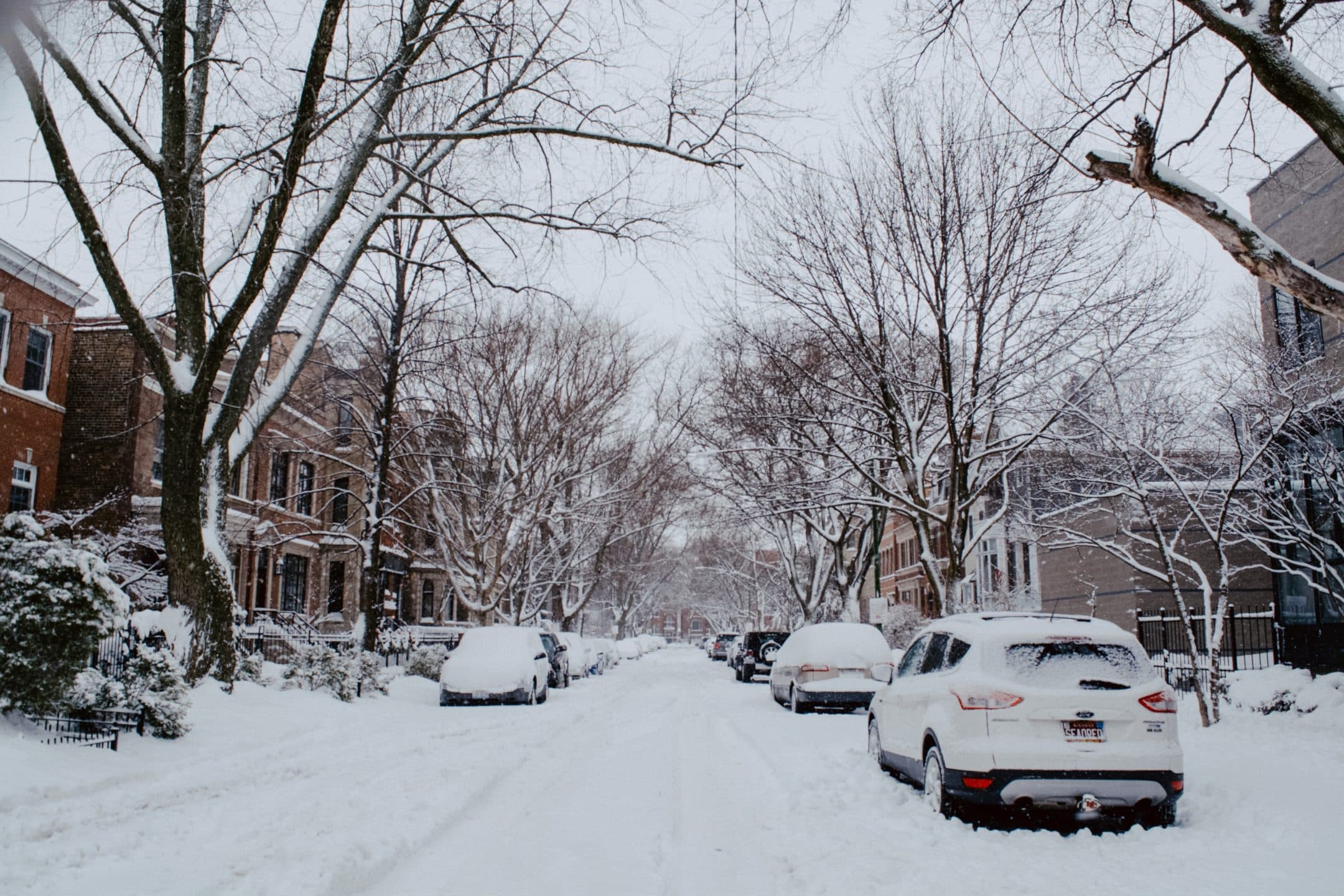Winter is here and with the build-up of snow and ice comes the risk of slipping and falling and potentially sustaining an injury. Injuries may cause serious financial hardship due to medical bills and lost income.
This article will review a variety of claims that individuals may bring against residential property owners, companies contracted to clear snow, and municipalities, in the event of a slip and fall.
A claim against the owner of a property adjacent to an icy sidewalk
The Court of Appeal considered the possibility of claims against a residential property owner for British Columbia in the 2021 case of Der v Zhao (Der).
The plaintiff was seriously injured when he slipped and fell on black ice while walking on a sidewalk in Burnaby. The plaintiff claimed that the residential property owners next to the sidewalk where he fell were negligent.
It had snowed two days before the accident, and the temperatures remained near freezing. The plaintiff noted that a municipal bylaw required property owners to clear the sidewalk of snow and ice by 10:00am each morning.
Residential property owners do not owe a duty of care to pedestrians passing by on sidewalks adjacent to their properties
The Court concluded that residential property owners do not owe a general duty of care to take reasonable care with respect to removing snow and ice from sidewalks adjacent to their property.
In determining whether a duty of care should be recognized, the Court considered whether the harm suffered by the plaintiff was reasonably foreseeable and whether there was a relationship of sufficient proximity to justify a duty of care. If these two factors are satisfied, a duty of care exists unless the Court decides that there is a policy reason for negating the duty of care.
In this case, the Court decided that the relationship between a residential property owner and a pedestrian was not sufficiently close to impose a duty of care. As such, generally, it was held that residential property owners do not owe a duty of care to pedestrians walking on municipality-owned sidewalks adjacent to their properties.
A claim against a contractor hired to remove snow and ice from the sidewalk surrounding residential property
The 2022 decision of the Supreme Court of British Columbia in Pavlovic v The Owners, Strata Plan LMS 2211 dealt with whether a claim could be brought against a caretaking company retained by the Strata which owns a residential condominium.
The plaintiff fell due to ice and snow and fractured her wrist while walking on the sidewalk next to the residential condominium. The caretaking company was responsible for maintenance and caretaking duties at the property, including snow and ice removal on the municipal sidewalks surrounding the property to comply with the Strata’s bylaw obligation.
Court finds that the contractor did not owe a duty of care to pedestrians
The Court followed the approach in Der and reached the same conclusion, finding that the caretaking company was in the same position as the property owner. As such, there was no basis to find sufficient proximity between the plaintiff and the company. Therefore, it would not be fair to impose a duty of care to pedestrians walking on the sidewalk next to the property, which was contracted to clear off snow and ice.
A claim against a municipality that plowed snow from parking stalls creating a snowbank
The Supreme Court of Canada was tasked with determining whether a plaintiff could claim against a municipality subsequent to a slip and fall in the decision of Nelson (City) v Marchi.
After a heavy snowfall, the City of Nelson plowed the streets. It cleared snow in some angled parking stalls, creating a snowbank separating the stalls from the sidewalk. There was no access route to the sidewalk for drivers, so the plaintiff crossed the snowbank and seriously injured her leg in the process.
The plaintiff sued the City for negligence. At trial, the judge decided that the City did not owe the plaintiff a duty of care because its snow removal decisions were core policy decisions exempt from the law of negligence. This was overturned by the Court of Appeal for British Columbia, which ordered a new trial. The City appealed that decision to the Supreme Court.
Municipalities may be sued for implementation of snow removal policies
The Supreme Court explained that where a public authority has undertaken to maintain a public road or sidewalk, and a plaintiff alleges that they suffered a personal injury as a result of the authority’s failure to maintain the road or sidewalk, it is necessary to determine whether the relevant government decision was a core policy decision immune from liability in negligence.
Here, the Court decided that the clearing of snow from the parking stalls, thus inviting the public to park there, without ensuring access to the sidewalk was not the result of a core policy decision immune from negligence liability. Instead, it was a routine part of the City’s snow removal process, or the operational implementation of policy, which may be subject to the duty of care.
As a result, the Court found that the City owed the plaintiff a duty of care. The Court ordered a new trial to determine whether the City breached the standard of care and whether this caused the plaintiff’s injury.
Contact Meridian Law Group in Vancouver for Experienced Representation in Personal Injury Claims
If you are injured after slipping and falling on ice or snow, the talented and determined personal injury lawyers at Meridian Law Group in Vancouver will provide you with pragmatic advice on your prospects of succeeding in a claim. Our lawyers recognize that no two incidents are alike, therefore we provide clients with personalized advice and guidance in order to obtain maximum compensation for their injuries. To arrange a confidential consultation for your slip and fall, or other personal injury matter, please call us at 604-687-2277 or contact us online.


